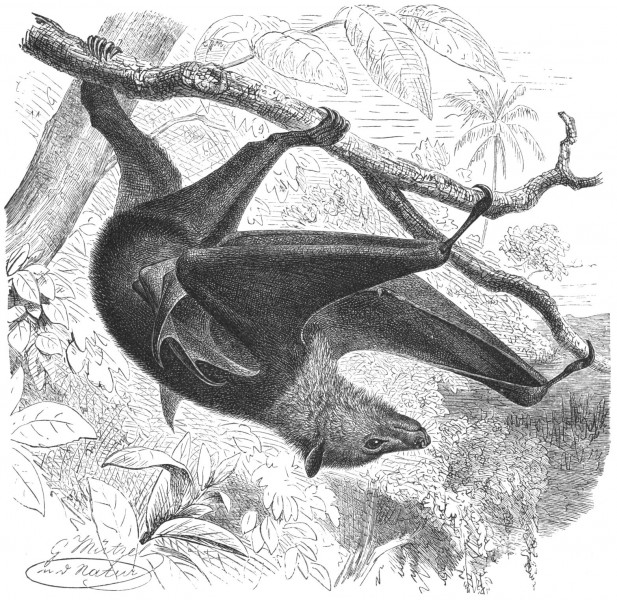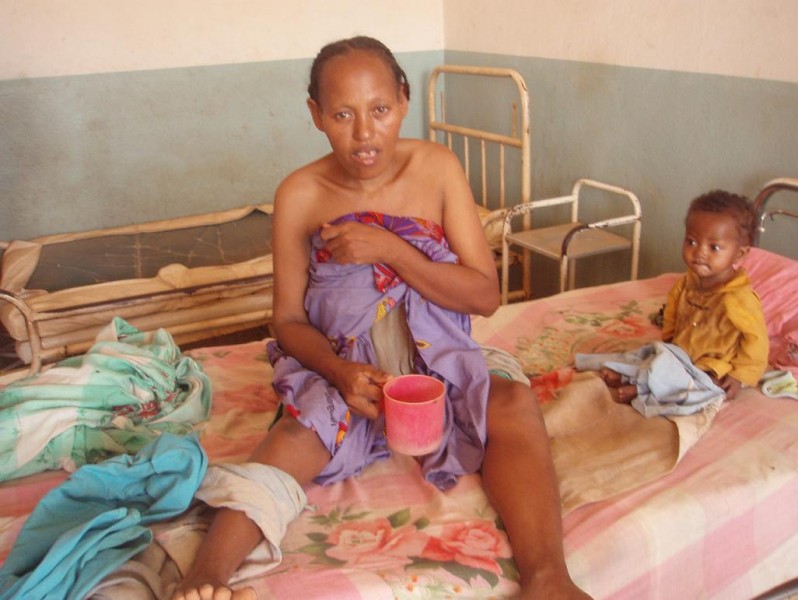The fight against the Ebola epidemic is increasingly turning into an international emergency. The number of victims is growing rapidly in the three most severely affected countries in West Africa: Guinea, Liberia and Sierra Leone. Patients have also died in the Democratic Republic of Congo and Nigeria. The World Health Organization reports that the most serious epidemic in the history of this hemorrhagic fever has already killed more than 2,800 people out of 5,833 cases as of 20 September.
The United Nations Security Council has adopted Resolution 2177 to deal with the public health crisis. On 18 September, 131 countries co-sponsored the resolution, which recognizes “the unprecedented extent of the Ebola epidemic in Africa” and describes the creation of a special mission, the United Nations Mission for Ebola Emergency Response (UNMEER). US President Barack Obama has announced that he is sending 3,000 American troops to West Africa, in view of the worsening crisis, with the virus spreading exponentially.
Other countries in Africa are concerned about the possibility that the epidemic will spread to them as well, although their health facilities are not ready to deal with it. A study states that 15 African countries are potentially at risk, due to having the same environmental conditions as the affected countries.
This is the case for Madagascar, where a boat from Liberia suspected of carrying the Ebola virus docked recently in the port of Toamasina. An emergency meeting was held in Antananarivo on 5 August to look closely at the precautions that need to be taken.
Secretary General of the Madagascar Ministry of Health Philémon Tafangy recognized the risk:
Un pays comme le nôtre n’est pas à l’abri des risques, même si la zone d’expansion du virus est assez éloignée de nous
A country such as ours isn't safe from the risks [of Ebola], despite our distance from the affected region
Prime Minister Kolo Roger, however, has stated that the health system is ready to deal with such an eventuality and has a contingency plan in place:
Ce plan contient les scénarios et les dispositions nécessaires pour faire face notamment aux épidémies de fièvres hémorragiques virales telles que la maladie à virus Ebola.
This plan incorporates the scenarios and steps required to tackle epidemics of viral hemorrhagic fevers such as the viral disease Ebola.
But it appears that the Malagasy health infrastructures will not be able to cope if the disease spreads dramatically. The PM is choosing to ignore the warnings of scientists, relying instead on airport controls, noting that Madagascar’s public health environment is protected by the lack of flights from the areas affected by the virus.
Scientists point out that the virus can spread in a different way. Indeed, a recent publication explains how the disease could be spread from the animal kingdom to humans: fruit bats can carry the disease without displaying any signs of it, and are able to migrate and transfer it to other animals, such as monkeys and rodents. Monkeys are sometimes eaten as bushmeat in Madagascar. Although consumption of meat may not necessarily cause Ebola, preparation of raw infected meat increases the risk of infection. Ilaym, an Antananarivo-based blogger for the DailyMg, explains why Malagasy people are specifically vulnerable to an Ebola outbreak. He lists a few reasons: Some Malagasy people hunt and eat bats and lemurs; and the practice of famadihana, a tradition that consists of exhuming the deceased from their tombs.
Léa Ratsiazo in Antananarivo questioned in a column for newspaper the Madagascar Tribune the country’s real ability to counteract the potential arrival of Ebola in Madagascar, in the light of a recent event in a hospital in the capital:
On ne demande qu’à le croire car quasiment au même moment où il fait cette déclaration à la presse, une équipe de chirurgiens étrangers oeuvrant dans l’humanitaire le contredit involontairement. Il s’agit d’une équipe composée de 11 chirurgiens qui réalisent des œuvres humanitaires à travers plusieurs pays du monde dont Madagascar. Ils réalisent gratuitement des interventions chirurgicales en faveur des patients qui en ont besoin dans les pays qu’ils visitent en partenariat avec les hôpitaux locaux. L’hôpital HJRA d’Antananarivo, qui est le plus grand centre hospitalier de Madagascar est choisi pour ce partenariat sauf que les responsables de HJRA ont oublié de communiqué au public l’évènement. Résultat : aucun patient n’est venu. Ils ont quand même pu avoir 2 patients de HJRA au lieu des 25 prévus quotidiennement. Agacés, ces chirurgiens ont précisé qu’ils ne sont pas venus pour passer ici des vacances mais pour aider les autres, le moindre des choses serait de communiquer et de sensibiliser le public, d’ailleurs ils ne comprennent pas du tout que les patients à opérer prennent en charge tous les médicaments et autres outils nécessaires pour l’intervention. Ils notent aussi d’ailleurs que le HJRA manque cruellement de matériels de base pour des interventions chirurgicales.
That takes some believing, because almost at the same time as he was issuing that press statement, a team of foreign surgeons engaging in humanitarian work inadvertenlty contradicted it. This was a team made up of 11 surgeons, doing humanitarian work across several countries in the world, including Madagascar. They carry out surgical procedures free of charge for patients that need them in the countries they visit, in partnership with local hospitals. The HJRA hospital of Antananarivo, which is the largest health care centre in Madagascar, was chosen for this partnership, but the HJRA officials forgot to inform the public of this fact. As a result, no patients turned up. They ended up with just two HJRA patients instead of the 25 anticipated daily. These surgeons were annoyed, stating that they had not come here for a holiday, but to help others, and that the least the hospital should have done was to inform the public and raise awareness. They were also concerned that patients requiring an operation have to pay for all the drugs and other supplies needed for the procedure. In addition, it was noted that the HJRA had an acute shortage of basic materials for surgical procedures.
Le Mouvement des Citoyens Malagasy de Paris MCM (The Coalition of Malagasy citizens in Paris) also wonders whom to believe regarding the risk of an Ebola outbreak in Madagascar: the Prime Minister Kolo who says the risks are minimal or the research scientists who included Madagascar in the nations at risk?
So, while a contingency plan exists, it remains to be seen if Madagascar has been able to put in place the resources needed to implement it.









2 comments